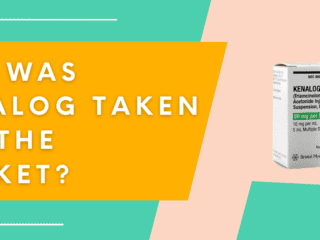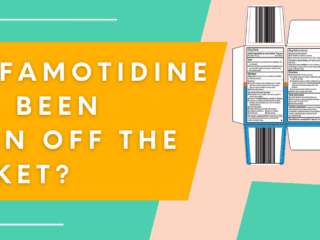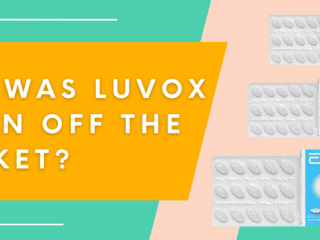Generic Name: amphetamine aspartate monohydrate 25% – stimulant (12.5% levo; 12.5% dextro); amphetamine sulfate 25% – stimulant (12.5% levo; 12.5% dextro); dextroamphetamine saccharate 25% – stimulant (0% levo; 25% dextro); dextroamphetamine sulfate 25% – stimulant (0% levo; 25% dextro)
Brands: Adderall, Adderall XR, Mydayis
Class: Stimulant
Availability: Prescription required
Molecular Formula: C9H13N
Substance UNII: CK833KGX7E
What is Adderall?
Adderall is a stimulant. It is the well-known trade name for a combination of amphetamine and dextroamphetamine.
What is Adderall Used For?
According to the FDA, Adderall is indicated (suggested for the use of) for the treatment of narcolepsy and attention deficit hyperactivity disorder (ADHD).
How Does Adderall Work?
Adderall is a stimulant, which means it stimulates activity of the central nervous system (CNS). Specifically, experts believe it works primarily by inhibiting the reuptake, or reabsorption, of the neurotransmitters norepinephrine, dopamine, and serotonin.
These neurotransmitters, or chemical messengers, have important functions, all of which may improve the symptoms of both ADHD and narcolepsy. For instance, norepinephrine (noradrenaline) can heighten alertness and focus. Dopamine is strongly involved with the capacity to think critically and plan. Serotonin, often called the “feel-good neurotransmitter,” impacts mood as well as learning, memory recall, and cognition.
How Long Does it Take for Adderall to Work?
How quickly this medication begins to work varies based on several factors, including the individual patient taking it and dosage. That said, someone taking an immediate-release formulation would likely begin to feel Adderall’s effects within an hour.
Do Not Use Adderall If:
There are several situations where this medication may not be the right choice for you. According to the FDA, the following should not use Adderall:
- “Advanced arteriosclerosis,
- symptomatic cardiovascular disease,
- moderate to severe hypertension,
- hyperthyroidism,
- known hypersensitivity or idiosyncrasy to the sympathomimetic amines,
- glaucoma.
- Agitated states.
- Patients with a history of drug abuse.
- During or within 14 days following the administration of monoamine oxidase inhibitors (hypertensive crises may result).”
Please note that this list may not be complete, and there may be other situations where use of this drug is not advisable.
Disclaimer: this article does not constitute or replace medical advice. If you have an emergency or a serious medical question, please contact a medical professional or call 911 immediately. To see our full medical disclaimer, visit our Terms of Use page.
More about Adderall
- Pregnancy Risks
- Withdrawal
- Adderall and Alcohol Interactions
- Adderall Alternatives
- Ritalin vs. Adderall
- Strattera vs. Adderall
- What does Adderall look like?
- Can you overdose on Adderall?
- Adderall for Depression
- Long-Term Effects of Adderall
- What is Adderall prescribed for?
- Is Adderall a stimulant?
- How Long Does Adderall Stay In Your System?







